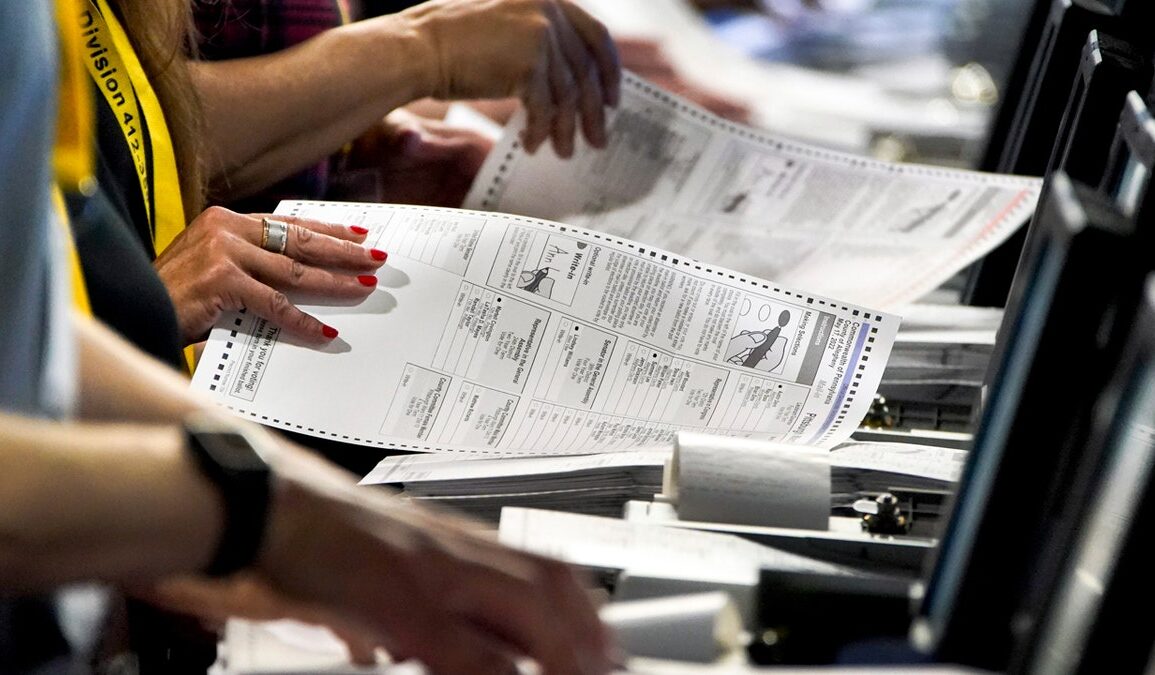Proposals to expand voting rights and allow independent voters to participate in party nomination primaries have passed a Pennsylvania House of Representatives committee. This move raises the possibility of implementing changes in time for the upcoming presidential contest in 2024. The two bills, supported solely by Democrats, have advanced towards a full House vote. If passed, these measures would grant independent voters the opportunity to choose which political party primary they want to vote in. Additionally, one of the bills would allow third-party voters to participate in major party primaries if their party did not receive enough votes to be considered an official party.
The majority of states already have some form of an open primary, according to data from the National Conference of State Legislatures. Seven states, similar to Pennsylvania, currently have laws allowing unaffiliated voters to cast primary ballots. The sponsors of the bills highlight the fact that over 1 million Pennsylvanians are not affiliated with either party, making them the fastest-growing demographic within the state’s electorate. This group includes a significant number of veterans and young voters.
Representative Jared Solomon, a Democrat from Philadelphia and a sponsor of one of the bills, expressed the need for change, stating, “For whatever reason that our primary elections suffer from so low turnout, there’s obviously something wrong with the status quo in Pennsylvania.” Solomon believes that expanding voting rights would help overcome barriers and increase voter participation in both primary and general elections.
The proposed measures have garnered support from a bipartisan group of former governors, who argue that including independent voters in the primary process would help prevent extreme candidates from dominating the general election. In an open letter, former governors Tom Ridge, Mark Schweiker, Tom Corbett, Ed Rendell, and Tom Wolf stated, “Candidates elected by those more extreme voters don’t have as much incentive to engage in the compromise and give and take that is so essential to effective governing.”
The push for change in Pennsylvania’s primary system comes in the wake of an attempt by the Legislature to move up the state’s 2024 presidential primary date. This change would allow the state to have a greater say in deciding the presidential nominees and avoid a conflict with the Jewish holiday of Passover. However, the specific date has not been agreed upon, and counties in Pennsylvania have expressed concerns about the feasibility of making such a change at this point in time.
Committee member Representative Brad Roae, a Republican from Crawford, who voted against both proposals, highlighted the challenges faced by election officials due to the increasing complexity of the election process. He stated, “We can only throw so many changes at the poll workers and at the election office staffs at the same time.”
Meanwhile, House Democrats supporting the bills remain optimistic about the ability of election staff to adapt quickly. Representative Scott Conklin, a Democrat from Centre, emphasized the importance of reaching out to young and new voters who are increasingly opting not to align themselves with any political party. Conklin stated, “Allowing taxpaying citizens the right to vote, I believe, is the core of democracy.”
As Pennsylvania considers these proposed changes to its primary system, the debate surrounding voting rights and access to the democratic process continues to be a contentious issue in the United States.




